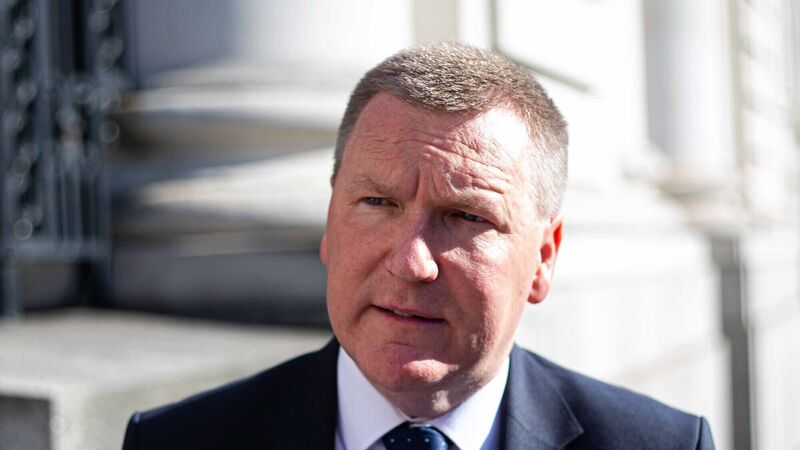Tax receipts boost gives Government €6.5bn budget pot

Finance Minister Michael McGrath said he will be taking a "fresh look" at the tax package, but added that he will be looking at measures to keep landlords in the sector as well as developing supports to encourage start-up businesses and to scale up enterprises. Picture: Damien Storan
A massive boost in tax receipts has given the Government a €6.5bn budget pot to dip into for spending and tax measures.
October's budget will be broken down into €5.25bn in extra expenditure and an additional tax package of €1.15bn.














